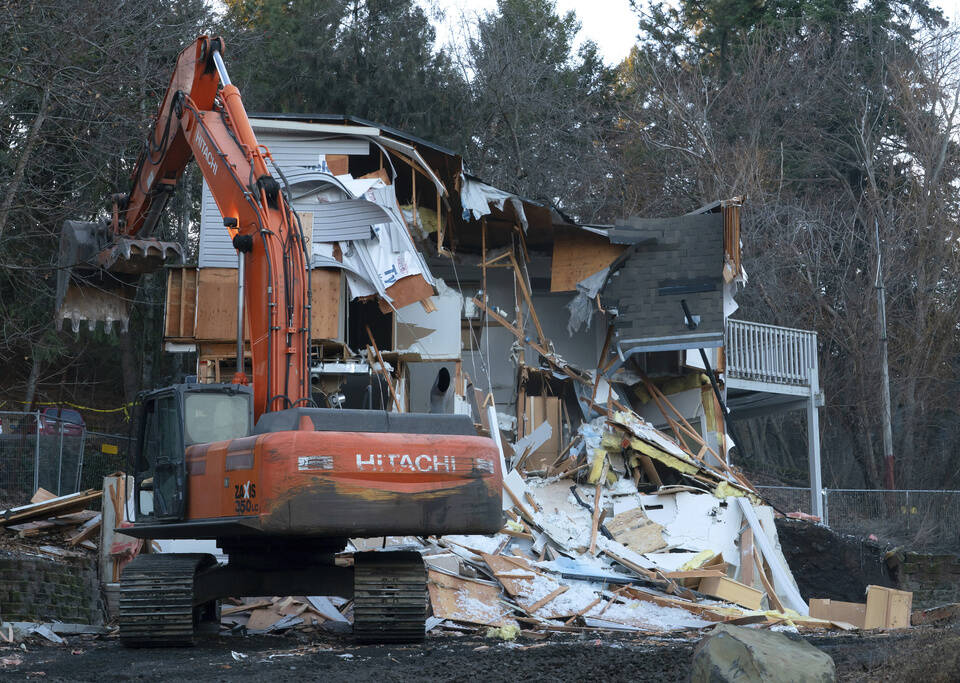The trial of Bryan Kohberger, the man accused of killing four University of Idaho students in November 2022, still does not have a start date, but one thing is certain: the jurors will not be visiting the crime scene.
The Moscow, Idaho, house where Ethan Chapin, Kaylee Goncalves, Xana Kernodle, and Madison Mogen were killed was razed last week amid objections from some of the victims families and legal experts.
On Thursday’s show, Megyn was joined by Nancy Grace, host of Crime Stories, to discuss the demolition and what it will mean for the trial.
Idaho Murders House Razed
The off-campus rental where Kohberger is accused of stabbing Chapin, Goncalves, Kernodle, and Mogen on November 13, 2022, was privately owned. According to CNN, the owner donated the house to the University of Idaho and the school initially planned to demolish it in July 2023 before the fall semester began.
Those plans were put on hold after defense attorneys were given access to the home as part of their preparations for trial. The school said prosecutors also accessed the house prior to its tear down on December 28.
The families of Goncalves and Kernodle had pleaded with the university to preserve the structure in the event it could provide additional evidence – such as how much the surviving roommates may have been able to hear given the layout – during trial. Neither the prosecution nor defense, however, opposed the demolition.
The university, meanwhile, asserted that razing the house was best for the community. “It is the grim reminder of the heinous act that took place there,” University of Idaho President Scott Green said in a press release. “While we appreciate the emotional connection some family members of the victims may have to this house, it is time for its removal and to allow the collective healing of our community to continue.”
Why It Matters
Jurors visiting a crime scene is not common practice, though the tactic has been used in some high profile cases. “No jury is entitled to go to the crime scene – it’s rare and, when it does happen, it makes news,” Grace said. “We know about OJ Simpson… taking the jury to his home… and Alex Murdaugh.”
In Simpson’s case, Grace said the visit benefitted the defendant. “The defense had the chance to completely redo the inside… and put up pictures of Simpson with his mother and… like a Norman Rockwell painting of the day of Brown v Board of Education when the little girl goes for the first time,” she recalled. “That was all staged.”
The field trip had the opposite effect for Murdaugh. “The jury goes to see the hunting lodge were Maggie and Paul Murdaugh were murdered by Alex Murdaugh… [and] they came back with a guilty verdict,” she noted.
Grace likened taking jurors to a crime scene to flipping a coin. “It’s akin to asking a question you don’t know the answer to. When you do that, you are going to get the blowback right in your face,” she explained. “You need to know exactly what’s going to happen and control it.”
With that said, Grace admitted she “can’t believe” the house was demolished. “I can’t believe the interest in the beautification of the campus outweighed the interest of justice,” she said. “In this day and age, jurors expect DNA, they expect fingerprints, they expect a really advanced dog and pony show, and they expect to go to the scene if they so choose. That’s not going to happen.”
Reports indicate that law enforcement is now using 3D imaging to illustrate the crime scene, and those renderings could be used at trial. Grace, however, doesn’t believe it will be enough. “There’s nothing like the real thing,” she concluded.
You can check out Megyn’s full interview with Grace by tuning in to episode 695 on YouTube, Apple Podcasts, or wherever you like to listen. And don’t forget that you can catch The Megyn Kelly Show live on SiriusXM’s Triumph (channel 111) weekdays from 12pm to 2pm ET.


